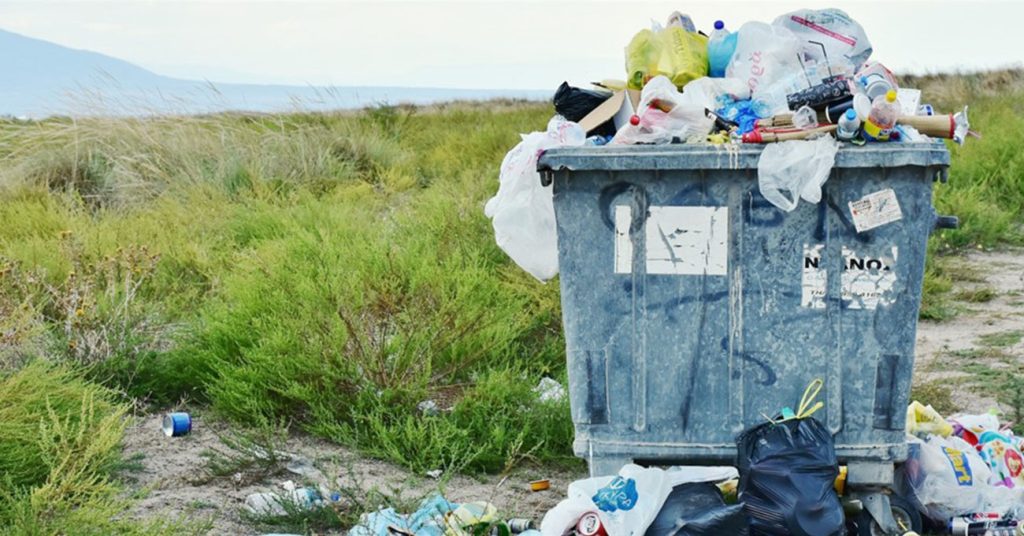Somalia has officially implemented a long-awaited ban on single-use plastic bags, as part of a broader effort to reduce pollution and environmental damage. This move places Somalia among a growing number of African nations taking action against non-biodegradable waste.
The new law, initially announced in February, prohibits the importation, production, sale, and use of plastic bags, which often end up as litter or in landfills. Environmentalists and residents of Mogadishu, the capital, have welcomed the decision.
Osman Yusuf, an environmental activist, emphasised the country’s significant reliance on plastic bags, estimating the industry to be worth over $50 million. “There’s no reason to keep using this harmful material,” Yusuf added.

While the ban has garnered support, some residents have voiced concerns about the lack of alternatives. “We support the ban, but we need more time and suitable replacements,” said Lul Mohamed, a shopkeeper.
Somalia’s ban follows similar measures taken by countries like Kenya and Tanzania. Kenya’s plastic bag ban, introduced in 2017, is one of the strictest in the world, with violators facing fines or imprisonment.
The United Nations Environment Programme (UNEP) estimates that about 2,000 garbage trucks worth of plastic waste is dumped into the world’s water systems each day. Annually, 19 to 23 million tonnes of plastic pollute aquatic ecosystems, threatening wildlife and food chains.
Somalia’s move comes as global leaders recently met in Nairobi to discuss a potential international treaty aimed at addressing plastic pollution. Negotiators are working to finalise the treaty by December, with the goal of creating a unified global response to the crisis.


